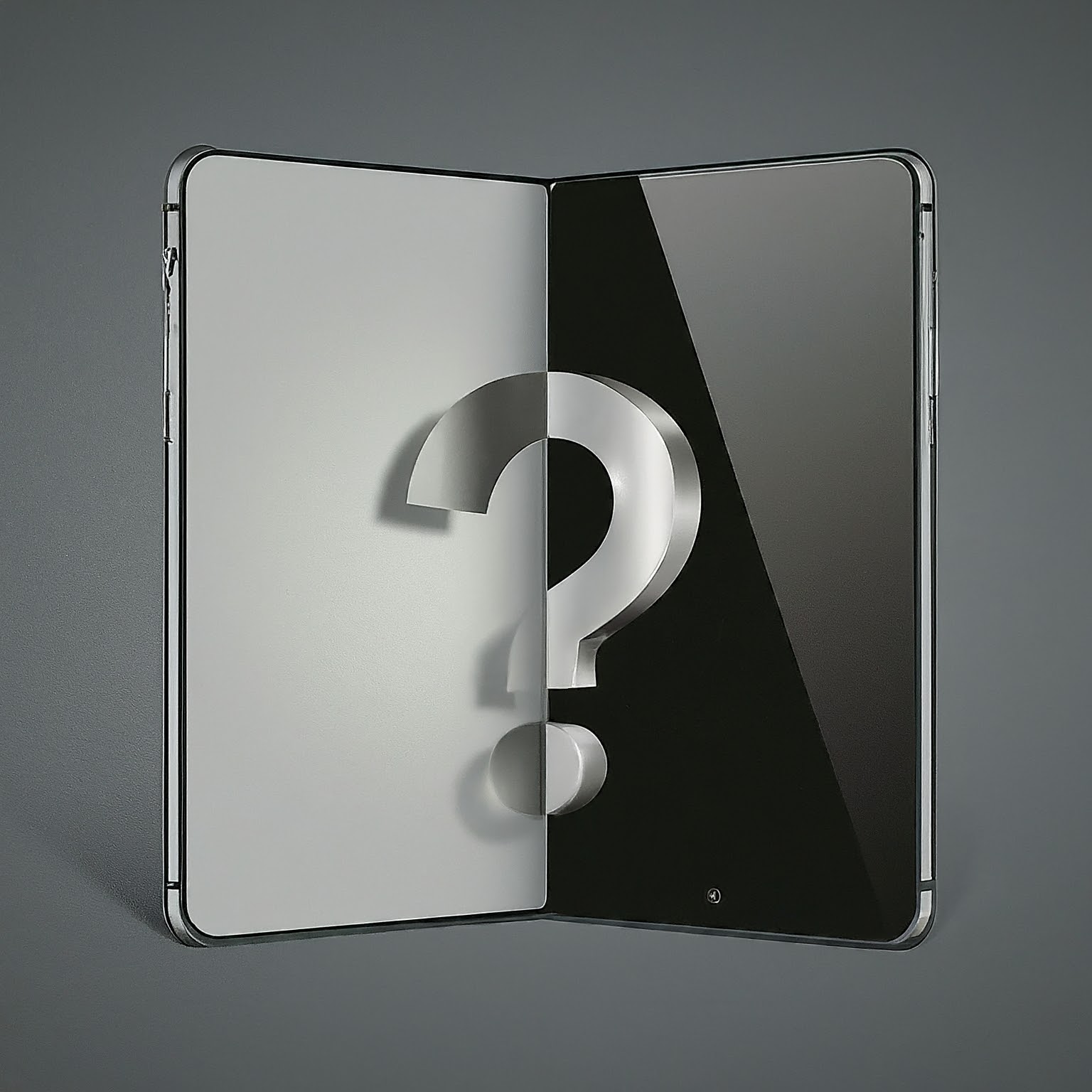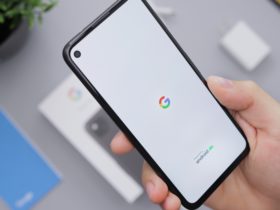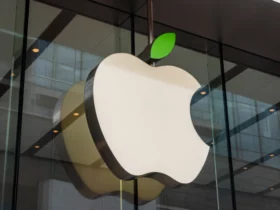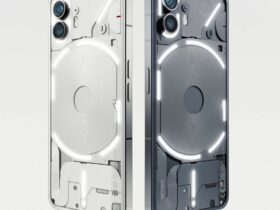Apple, the tech giant known for its innovative products, has reportedly paused development of its foldable phone. The company is said to be facing screen durability issues during testing.
Latest Developments
- According to a Bloomberg report, Apple has shelved its foldable iPhone project for the past few months.
- The reason for the delay is due to screen durability issues discovered during testing.
- The report claims that Apple’s foldable screen easily breaks after being folded repeatedly.
- It is also said to be prone to scratches and other damages.
- Apple is reportedly unsure when it will resume development of its foldable phone.
- The company is still trying to address the screen durability issues.
Challenges and Risks
While Apple has shown interest in foldable displays, there are several challenges and risks to consider:
- Price: Foldable phones are likely to be more expensive than non-foldable models.
- Durability: Foldable screens are still susceptible to damage, such as scratches and creases.
- Software: Apple would need to develop custom software to optimize the use of a foldable display.
Analysis and Predictions
Experts believe that Apple is unlikely to launch a foldable phone in the near future. This is due to the unresolved screen durability issues.
Some experts predict that Apple will wait until foldable display technology matures before releasing its product.
Apple’s Patents
Apple has filed several patents related to foldable displays. This indicates that the company is still interested in the technology.
Impact of Foldable Phone Development Halt
The temporary halt of Apple’s foldable phone development could have an impact on the smartphone market:
- Competition: Apple is one of the largest tech companies in the world. Its delay in releasing a foldable phone could slow down the development of foldable display technology in the smartphone industry.
- Innovation: Apple is known for being an innovative company. Its delay in releasing a foldable phone could reduce innovation in the smartphone market.
- Consumers: Consumers who are looking forward to a foldable iPhone will have to wait longer.
Expert Comments:
- Ming-Chi Kuo, TF International Securities analyst:
“Apple still faces several challenges in developing a foldable iPhone, such as screen and hinge durability, and power consumption. I expect Apple to launch a foldable iPhone no earlier than 2025.”
- Ross Young, Display Supply Chain Consultants analyst:
“Apple is testing two foldable iPhone designs: clamshell and book-style. The clamshell design is easier to manufacture, but the book-style design offers a larger screen and better user experience.”
- Ben Wood, CCS Insight analyst:
“Apple needs to be careful about launching a foldable iPhone. The foldable smartphone market is still small and unproven. Apple doesn’t want to risk damaging its reputation by launching a flawed product.”
Comparison of Apple’s Foldable Display Technology to Competitors:
- Samsung: Samsung is the market leader in foldable display technology. The Samsung Galaxy Z Fold3 and Z Flip3 are two of the most popular foldable smartphones on the market.
- Huawei: The Huawei Mate Xs is a foldable smartphone with an innovative design.
- Motorola: The Motorola Razr is an affordable foldable smartphone.
Apple has not yet launched a foldable smartphone, so it is difficult to compare its technology to its competitors. However, Apple has some advantages, such as:
- Brand strength: Apple is one of the most well-known brands in the world.
- Design expertise: Apple is known for its innovative and high-quality product designs.
- Loyal user base: Apple has a loyal user base that is likely to purchase a foldable iPhone.
The Early Stage of Foldable iPhone Development
There are several challenges that need to be addressed, such as screen and hinge durability, and power consumption. The temporary halt of Apple’s foldable phone development shows that the company is still not convinced about foldable display technology. Apple wants to make sure that the technology is mature and ready for use before launching a new product.






